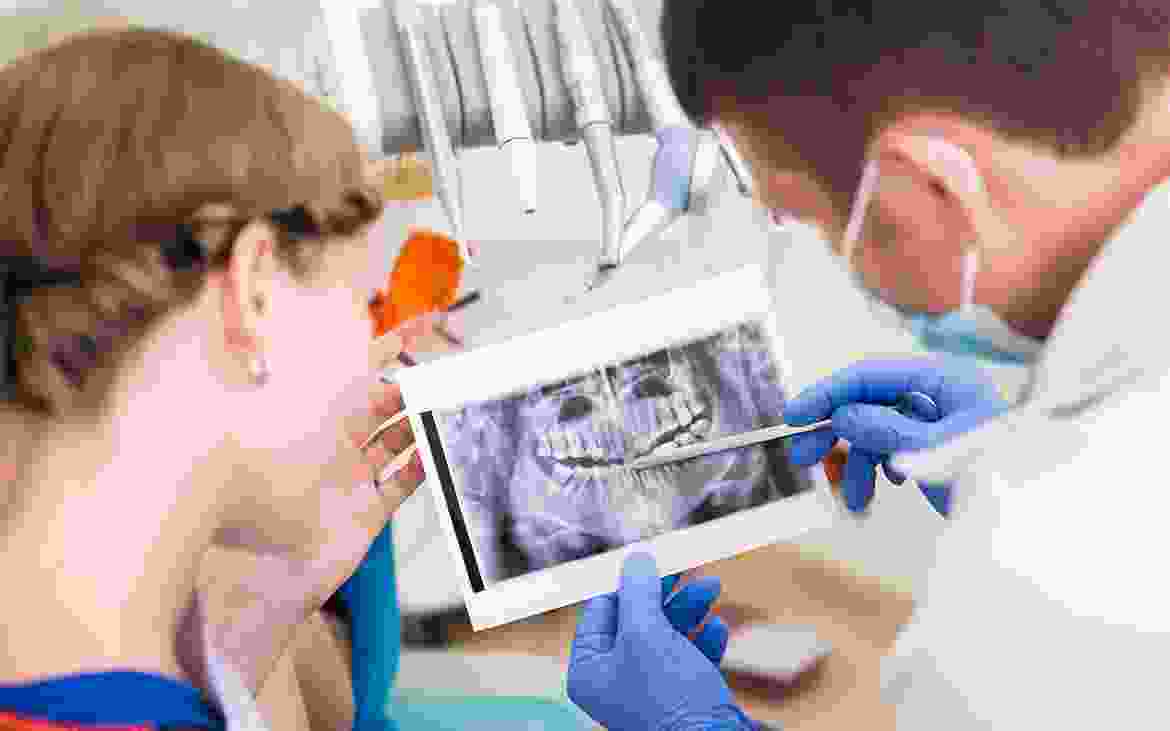
Dental Filling
SLEEP DENTISTRY
WHAT IS DENTAL PHOBIA?
Ambling along an innocent-looking road, you pass a sign for a dental surgery. Immediately, your heart starts racing, you can feel the heat rising to your face, and you become shaky and nauseous. Argggh, not yet another reminder of the dreaded D-word – better cross that road and face the other way! Is that you? You may be one of the many people who suffer with dental phobia!
SO WHAT IS DENTAL PHOBIA?
A “phobia” is traditionally defined as “an irrational severe fear that leads to avoidance of the feared situation, object or activity” (even though the Greek word “phobia” simply means fear…). Exposure to the feared stimulus provokes an immediate anxiety response, which may take the form of a panic attack. The phobia causes a lot of distress, and impacts on other aspects of the individual’s life, not just their oral health. Dental phobics will spend an awful lot of time thinking about their teeth or dentists or dental situations, or else spend a lot of time trying NOT to think of teeth or dentists or dental situations. Which is pretty hard in today’s society, which is saturated with ugly reminders such as toothpaste commercials.
WHAT IS THE DIFFERENCE BETWEEN ANXIETY, FEAR AND PHOBIA?
A distinction has been made between dental anxiety, dental fear, and dental phobia.
DENTAL ANXIETY is a reaction to an unknown danger. Anxiety is extremely common, and most people experience some degree of dental anxiety especially if they’re about to have something done which they’ve never experienced before. Basically, it’s a fear of the unknown.
DENTAL FEAR is a reaction to a known danger (“I know what the dentist is going to do, been there, done that – I’m scared!!”), which involves a fight-or-flight response when confronted with the threatening stimulus.
DENTAL PHOBIA is basically the same as fear, only much stronger (“I know what happens when I go to the dentist – there’s no way I’m going back if I can help it. I’m so terrified I feel sick”). Also, the fight-or-flight response occurs when just thinking about or being reminded of the threatening situation. Someone with a dental phobia will avoid dental care at all costs until a physical problem forces them to see a dentist. Then, as it is the pain that has forced them to attend the dental surgery, they continue to associate pain with the dental experience.
The dentist is not the place that people want to visit. That’s ok, we get it. The staffs at Smiles on high dental clinic Penrith understand. Being afraid or nervous is nothing to be embarrassed about.But take a deep breath and give us a call, because we want to show you it’s not so bad. We’ll take good care of you. Need a bit of time to get yourself together when you’re in the chair?No problem. Take your time. If you want, one of caring assistance is happy to hold your hand and reassure you.
At Smiles on high Dental clinic Penrith your comfort is our number one priority.There’s no pressure here. You are in control at all times.
SEDATION DENTISTRY – PAIN FREE DENTISTRY
If your dental fear is overwhelming you and preventing you from getting important dental work done, then pain free sleep dentistry is for you.
Sedation dentistry allows you to be sedated just enough to be pain free and unaware of the treatment, as if you were relaxing. That is why it is normally referred to as conscious sedation dentistry. So if you have sensitive teeth, a fear of dentists, have a bad gag reflex, hate needles, or have limited time to spend on multiple dentist visits. Sedation during dentistry procedures can help you.
Whatever the case may be, sedation by your dentist can help you be more anxiety free during your dentistry treatment. Your dentist’s ultimate goal is to make your visit to the dentist a relaxing and enjoyable one. Since you are completely comfortable, relaxed, and pain free your sedation dentist can do years of dental treatments in one or two dental visits.
With sedation your dentist can restore sore gums to good dental health, fix a chipped or decayed tooth, replace fillings, prepare for crowns, extract teeth and perform root canal therapy and more. All pain free, and you won’t remember a thing about the dental treatment!
Sedation dentistry requires a qualified anaesthetist and is an additional cost to your dental treatment. As they are a specialist service they must be scheduled in advanceat a time suitable for the patient,anaesthetist and dentist.
